Temporary Restraining Order Pauses Controversial Rezoning at Crown Heights Spice Factory
A Kings County Supreme Court judge granted a temporary restraining order halting the certification of a controversial Crown Heights rezoning that neighborhood activists allege skipped out on crucial community input.

Rendering via NY YIMBY
A Kings County Supreme Court judge granted a temporary restraining order on November 10 halting the certification of a controversial Crown Heights rezoning that neighborhood activists allege skipped out on crucial community input.
The order temporarily prevents the rezoning application for 960 Franklin Avenue from moving forward as it snakes through the city’s land-use process, which local residents Alicia Boyd, Lashaun Ellis, and Michael Hollingsworth say has been botched by “backroom deals.”
The activists, who also have an ongoing lawsuit against an unrelated rezoning further down Franklin Avenue, maintain that the Department of City Planning violated the 2018 charter revision that required more community input during the Uniform Land Use Review Process (ULURP), after the developer of 960 Franklin moved to have its application certified in October.
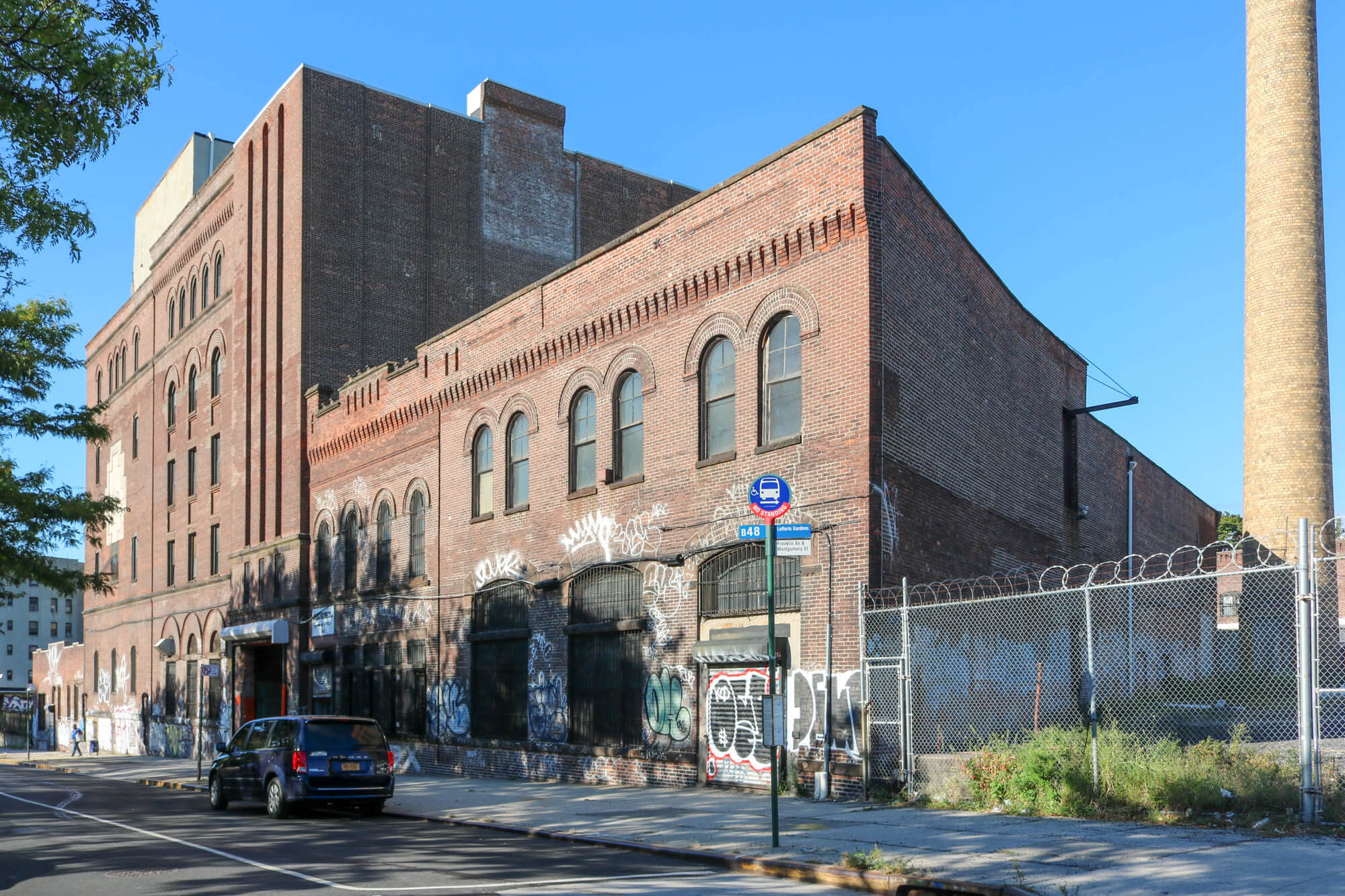
“Last year, after decades of backroom deals between big real estate and DCP, the people of New York City said enough,” Hollingsworth said outside Kings County Supreme Court on Tuesday. “We overwhelmingly voted to change the way DCP disseminates information about rezonings to communities, and less than two months into effect DCP has already broken that law as they work with hideous developers on the project for 960 Franklin Avenue.”
City Planning did not submit a “detailed summary” of the rezoning request before moving to certify it, and did not make documents relevant to the rezoning available for public review, which the activists charge is a violation of the city charter. The 2018 charter amendment requires City Planning to provide a project summary to relevant community boards at least 30 days before an application is certified.
The 960 Franklin project, a 39-story multi-tower mega-development, has been the source of controversy ever since its announcement in 2019 due to its proximity to the Brooklyn Botanic Garden. The garden itself has publicly opposed it, and its experts have testified that the shadows cast by the towers could do irreparable harm to its grow houses. An internal memo within the Parks Department first reported on by Brooklyn Paper backed up those findings.
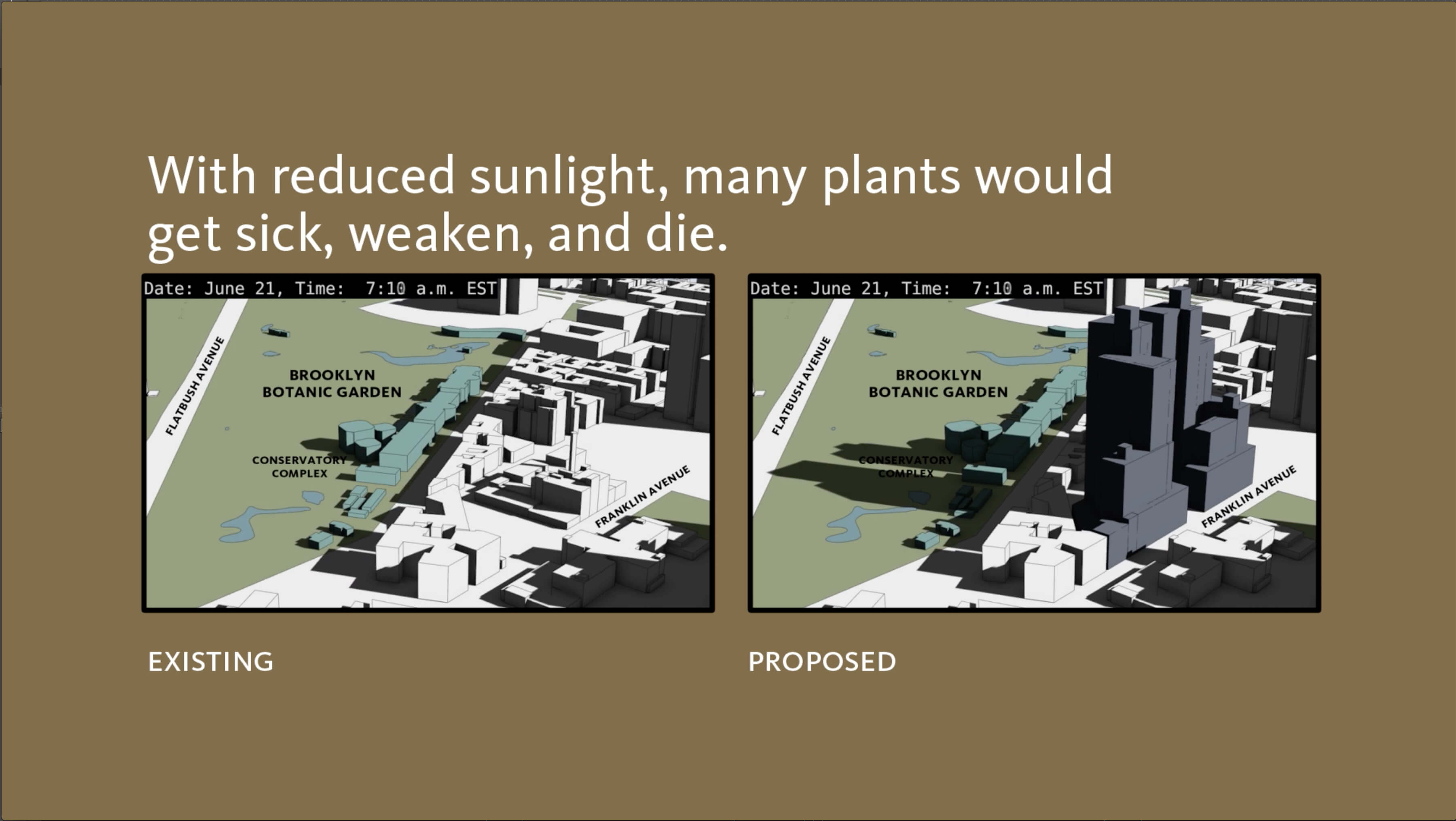
The area surrounding the garden has been protected by a 1991 community agreement that the David Dinkins administration put in place limiting development on lots bordering the garden to 12 stories in order to protect plant life in the garden. City zoning officials have since gone back on the agreement, with City Hall arguing the need to build more housing outweighed concerns from 30 years ago.
“I think it’s quite clear that the work that was done almost 30 years ago was for that moment in history,” Mayor de Blasio said during a September 30 press briefing. “If you told me that we would get upwards of 8.6 million people and that the cost of renting an apartment would go so high, I just would not have believed you. So, I would say that the assumptions then versus the assumptions now are very different.”
A spokesman for the city’s Law Department disputed that City Planning violated the city charter and said the city will fight the injunction.
“City Planning followed the law and we’ll defend against these claims,” said Nick Paolucci.
Continuum Company did not return a request for comment.
Editor’s note: A version of this story originally ran in Brooklyn Paper. Click here to see the original story.
Related Stories
- Renderings of Crown Heights Spice Factory Development Show Pair of 39-Story Towers
- Brooklyn Botanic Garden Launches Exhibition That Warns of Shadows From Proposed Towers
- Community Board 9 Agrees on Not Rezoning Crown Heights Spice Factory
Sign up for amNY’s COVID-19 newsletter to stay up to date on the latest coronavirus news throughout New York City. Email tips@brownstoner.com with further comments, questions or tips. Follow Brownstoner on Twitter and Instagram, and like us on Facebook.

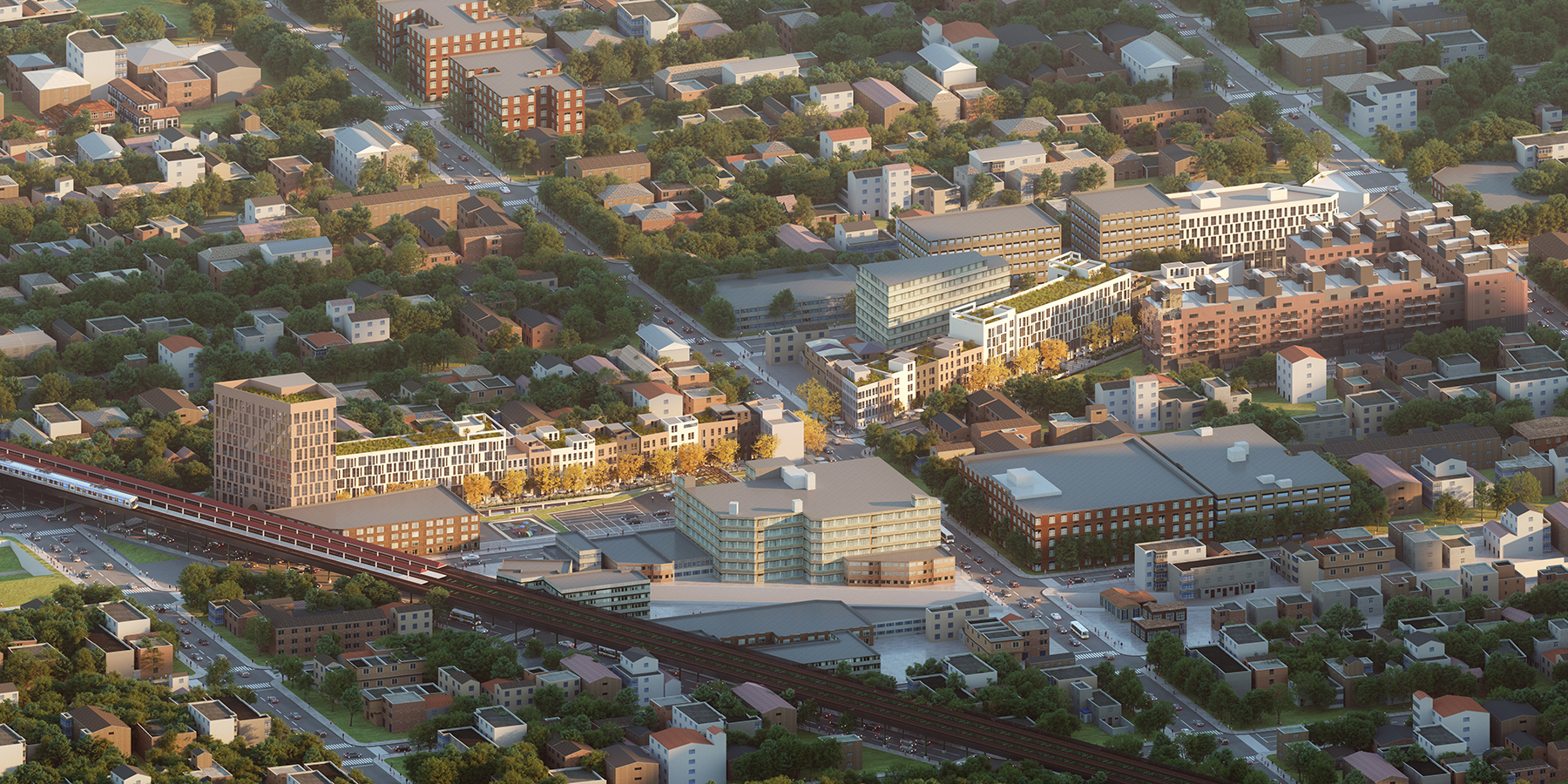
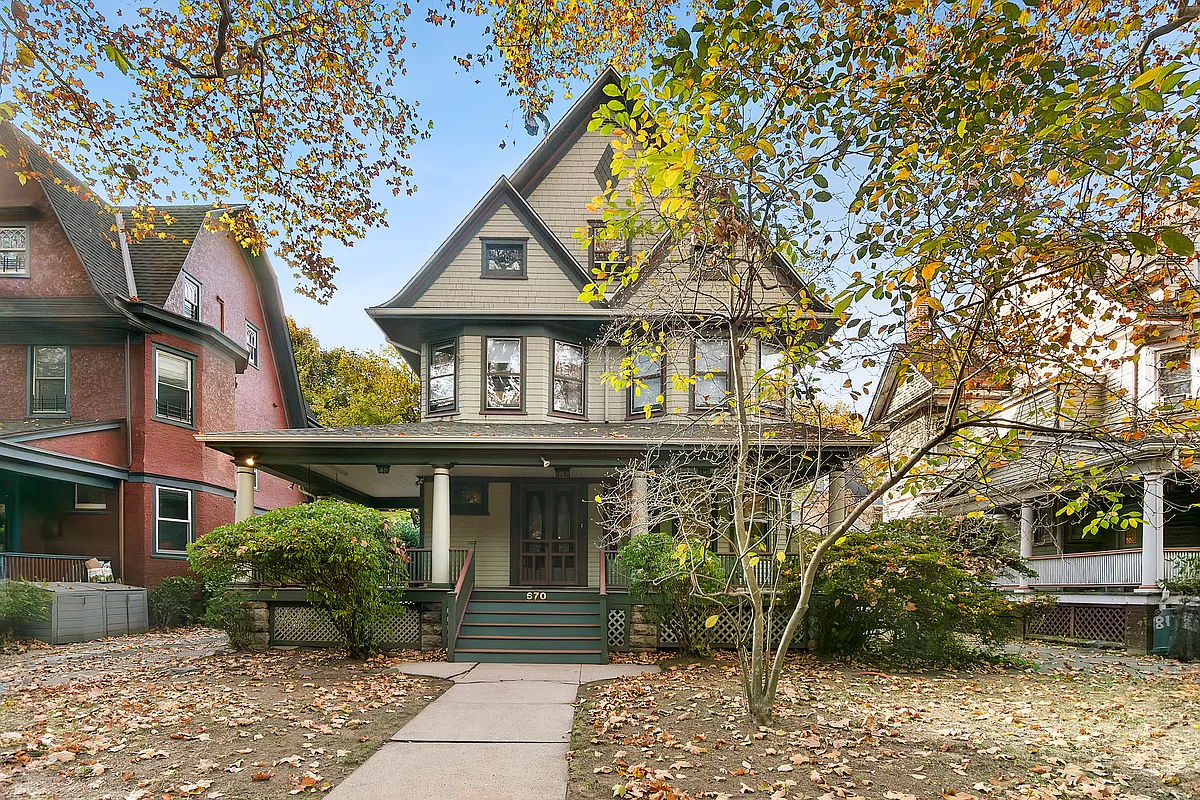
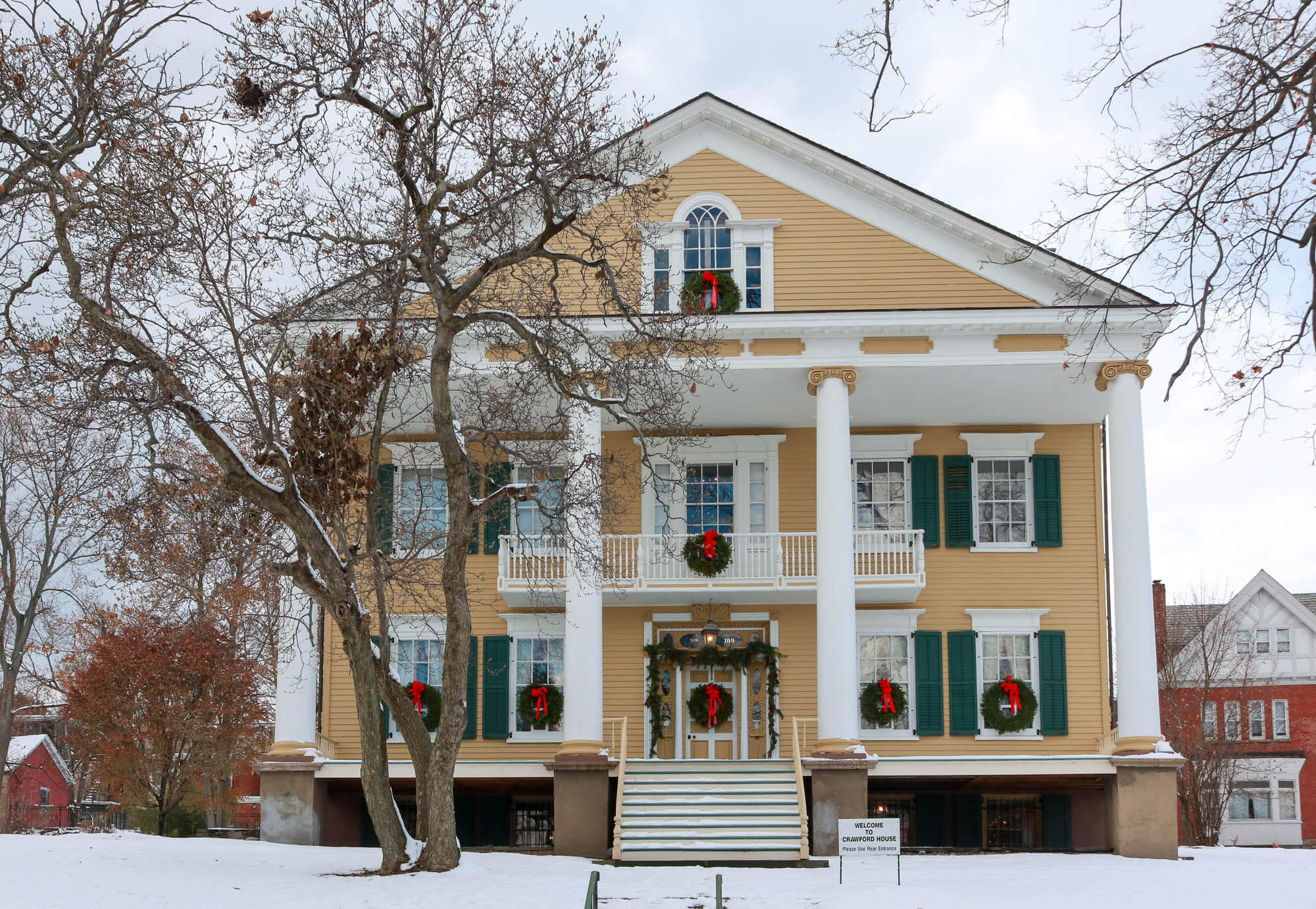
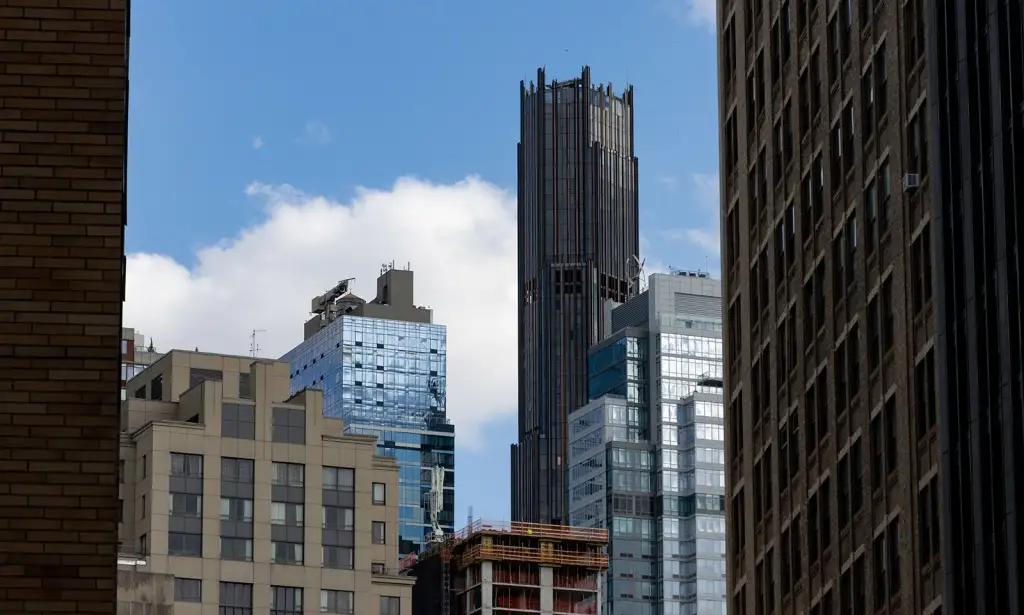
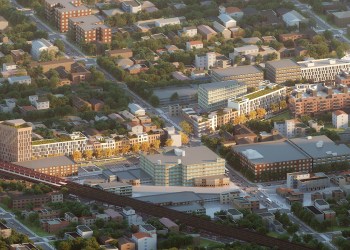



What's Your Take? Leave a Comment